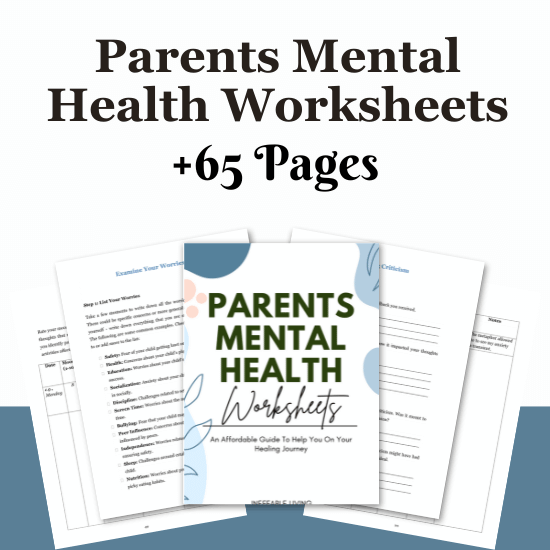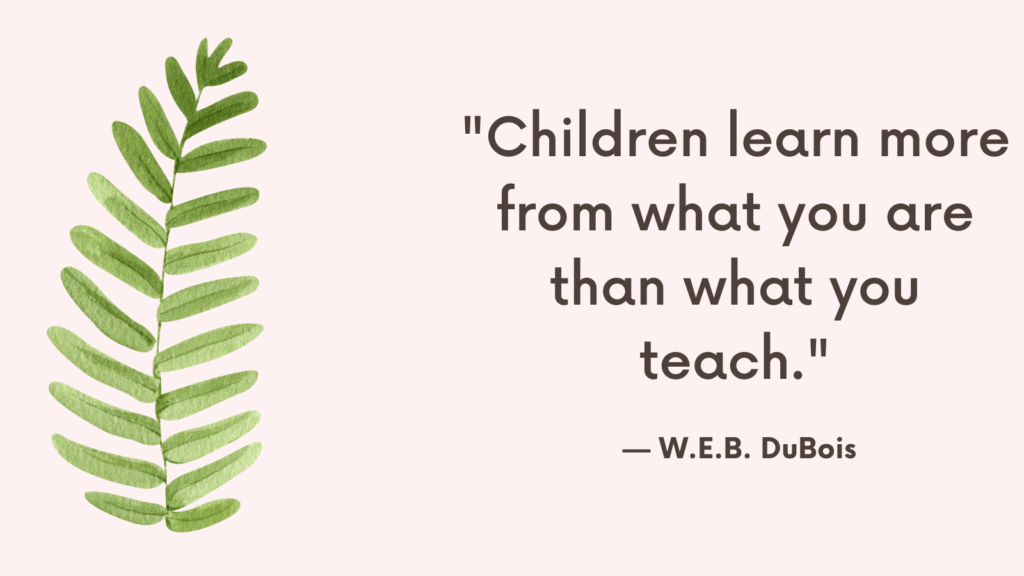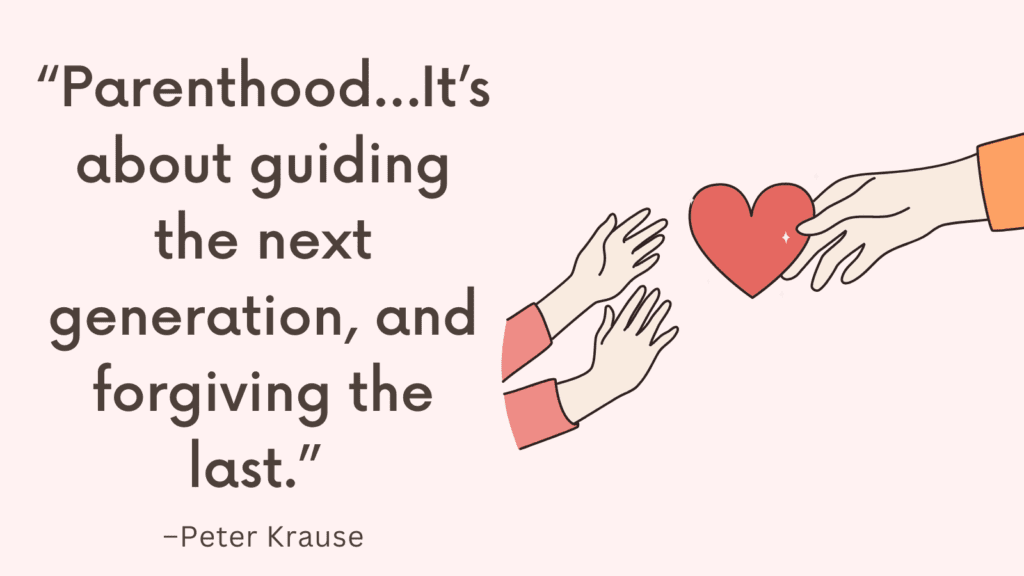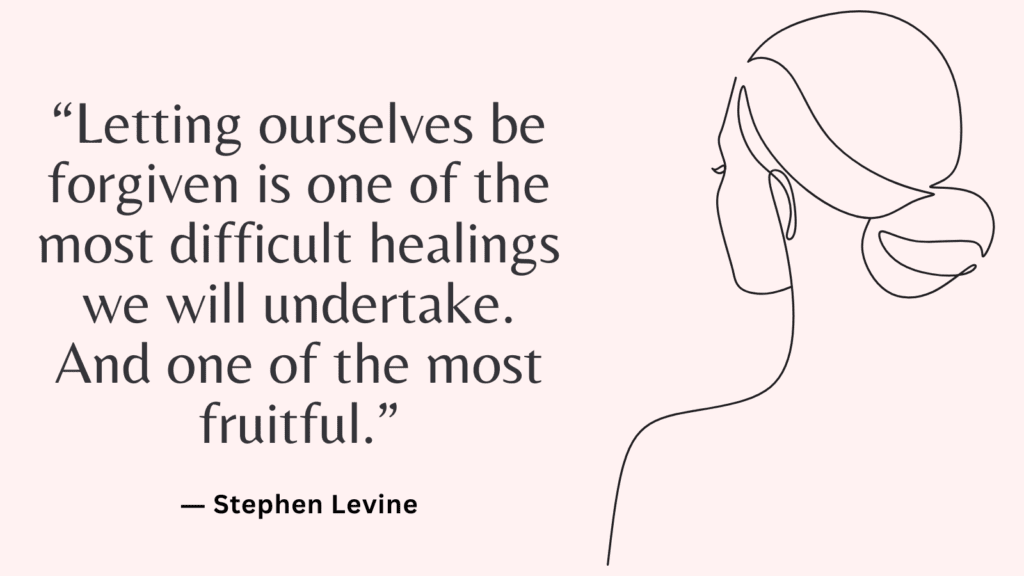Becoming a mother can be one of life’s most profound transformations — but it often comes with a quiet, painful shift: losing touch with who you used to be. As your life fills with feedings, laundry, routines, and emotional labor, it’s common to look in the mirror and wonder: Where did I go?
This sense of identity loss isn’t selfish or uncommon — it’s real. And it deserves care, not shame. You don’t have to choose between being a mother and being yourself. You get to be both.
Here’s how to gently reconnect with yourself while still showing up as the mother your child needs.
Why Identity Loss Happens in Motherhood?
1. Your Entire Life Structure Changes
From the moment your child arrives (or even during pregnancy), your world begins to revolve around their needs — sleep, feeding, routines, emotions, health, development.
Your time, body, energy, and decisions are no longer fully yours.
Your old routines fade. Your personal goals may pause.
Suddenly, your role shifts, but no one tells you who you are now.
2. Society Glorifies Self-Sacrifice in Mothers
You’re praised for putting everyone else first.
You’re admired for “doing it all.”
But rarely are you asked: “How are you feeling as a person?”
This cultural message says: “Good mothers give everything.”
But if you give everything without space to exist as yourself, you start to disappear.
Related: Parenting Stress: How to Prepare for a Smooth Back-to-School Transition?
3. Your Body and Mind Go Through Major Transformation
Hormonal shifts, physical changes, emotional exhaustion, and sleep deprivation impact how connected you feel to yourself.
You may feel like a stranger in your own body — and in your own mind.
Things you once enjoyed feel distant or inaccessible.
Even simple self-care can feel impossible in the early months or years.
4. You’re Constantly “On” For Someone Else
Being the default caregiver means you’re always anticipating, reacting, soothing, managing.
That level of constant external focus leaves little space for internal connection.
You stop asking yourself: “What do I want?” because you’re always asking: “What does my child need?”
5. You May Let Go of Things That Once Defined You
Career, hobbies, friendships, spontaneity — all things that anchored your identity before kids may shift or shrink.
And while some changes are chosen, others may feel like losses.
Without those pieces, it’s easy to wonder: Who am I now?
6. Everyone Sees You As “Mom” First
Once you become a mother, people tend to view you through that lens — even people closest to you.
You may be celebrated for your parenting, but not for your passions, personality, or presence beyond that role.
It’s not that motherhood erases you — it’s that the world forgets to look deeper.
Related: How to Deal With Mom Guilt When You’re Not Loving Motherhood?
How to Navigate Identity Loss in Motherhood?
1. Acknowledge That It’s Real
You’re not imagining it. Motherhood shifts nearly every part of your identity — body, priorities, relationships, freedom, even your name (“Mom” instead of you).
Saying, “I feel like I’ve lost myself,” isn’t dramatic — it’s honest.
Naming it gives you a starting point for finding your way back.
2. Grieve Who You Used to Be — Without Guilt
You’re allowed to miss your old life. The freedom. The spontaneity. The version of yourself who felt confident, rested, or creatively full.
Grief doesn’t mean regret — it means you’re integrating change.
You can honor the past and embrace who you’re becoming.
3. Redefine “Who You Are” Beyond Motherhood
Ask yourself:
- What still lights me up inside?
- What did I love before I became a mother?
- What kind of woman do I want to be — not just what kind of mother?
Motherhood is part of your identity, not all of it.
Related: “Parental Guilt”: How to Navigate Guilt as a Parent or Caregiver?
4. Start Small in Reclaiming Yourself
You don’t need to overhaul your life to reconnect with yourself.
Start with 10 minutes a day that are just for you.
- Journal
- Move your body in a way that feels good
- Create something
- Listen to music you used to love
These moments are tiny acts of self-return.
5. Stop Waiting for “Free Time” to Be You
Waiting for a perfect break, vacation, or phase of life to feel like yourself again often delays healing.
Instead, ask: “How can I bring pieces of myself into the life I already have?”
Let identity be something you build in, not something you wait for.
6. Let Go of the Myth That Self-Focus Is Selfish
You are not abandoning your family by tending to your inner world.
When you nurture your identity, you become a more grounded, fulfilled version of yourself — and that energy supports everyone around you.
You’re allowed to matter, even when everyone else needs you.
Related: How to Recognize Stress in Children and Help Them Cope?
7. Connect With Others Who See the Full You
Find people who remind you that you are more than “just a mom.”
Friendships, creative communities, and even online spaces can help reflect parts of you you’ve forgotten.
You deserve to be seen, not just needed.
8. Embrace the Evolution — Not Just the Return
You may not return to who you were — and that’s okay.
Motherhood doesn’t have to erase you. It can reshape you.
Ask: “Who am I becoming — and what parts of me do I want to keep, rediscover, or create?”
Let this be a season of becoming — not disappearing.
Related: How to Cope with Depleted Mother Syndrome?

Conclusion
Losing your identity in motherhood doesn’t make you a bad mom — it makes you a human in transition.
You’re still in there. She’s quieter right now, but not gone.
With time, truth, and small acts of reconnection, you can return to yourself — not as who you were, but as someone stronger, wiser, and still whole.



